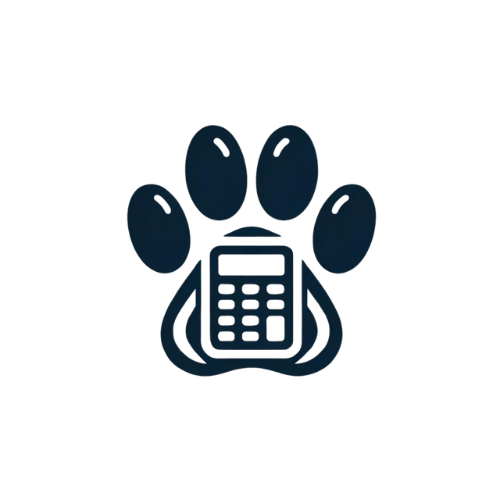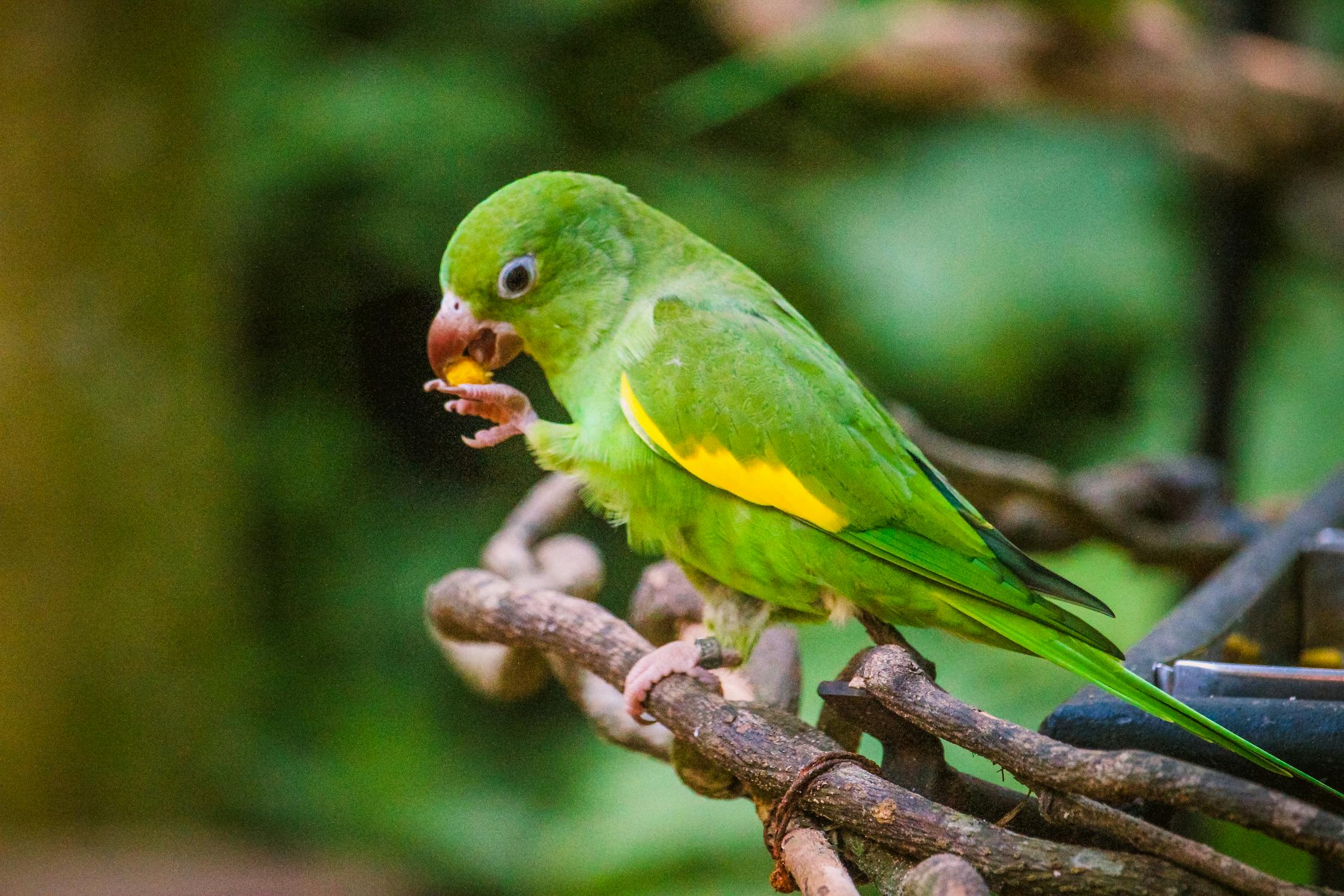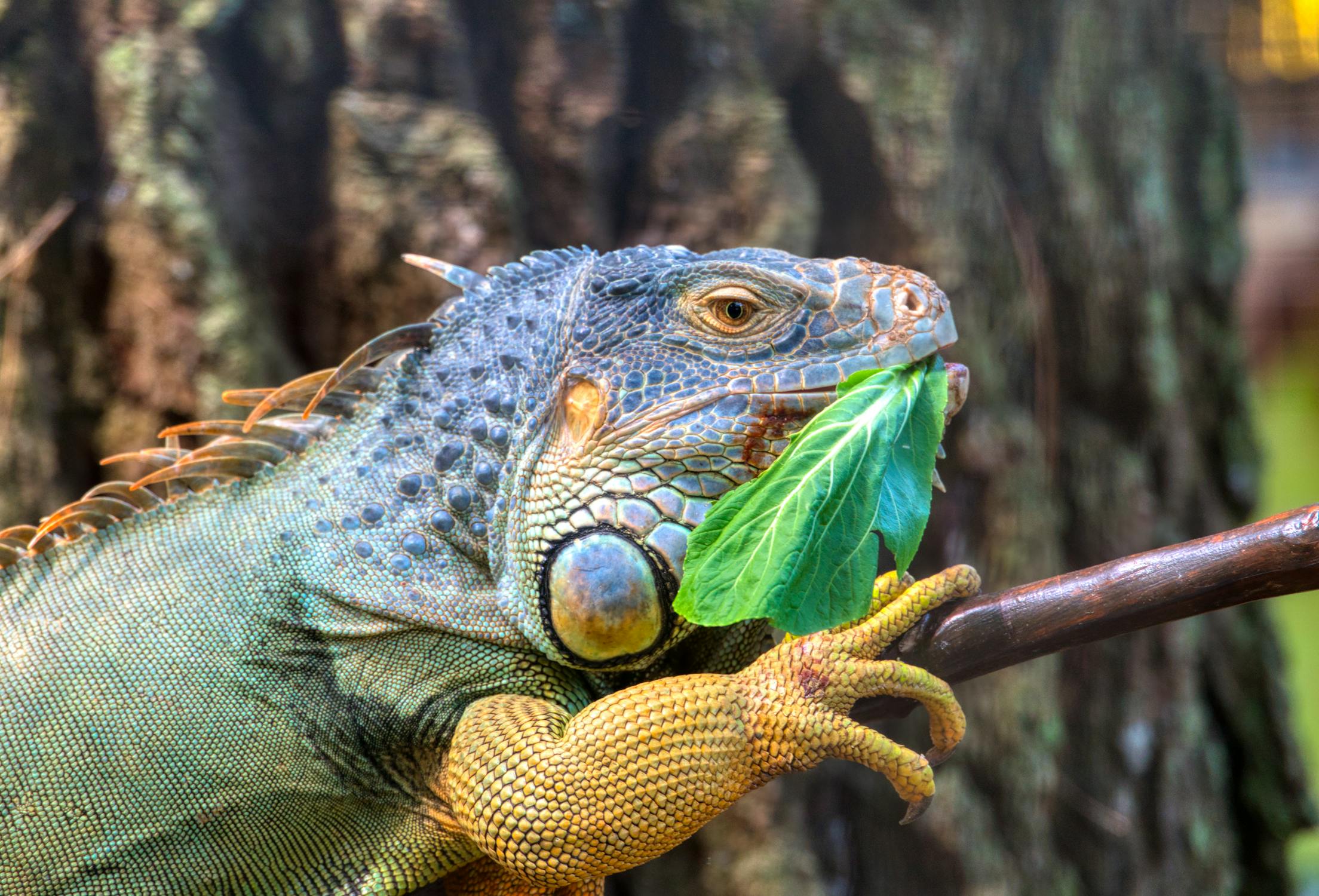How To Use
This tool helps estimate the daily calorie requirements for your small mammal based on their species, weight, activity level, life stage, current diet, and feeding frequency.
Simply fill out the fields and click Calculate to get started.
- Select your Small Mammal's Species from the dropdown list.
- Enter your Small Mammal's Weight in pounds.
- Select the Life Stage of your small mammal.
- Select the Activity Level of your small mammal.
- Select the Current Diet Type of your small mammal.
- Select the Feeding Frequency of your small mammal.
- Click the Calculate button to see the estimated daily calorie requirement.
Small Mammal Nutrition Calculator

Fill Out The Fields Below
Result
Small Mammal Species Information
| Species | Description | Feeding Frequency |
|---|---|---|
| Hamster | Small, nocturnal rodents known for their cheek pouches and varied diet. | Daily; provide fresh food and water daily. |
| Guinea Pig | Social animals requiring Vitamin C supplementation and a diet rich in hay and fresh vegetables. | Daily; ensure constant access to hay and fresh vegetables. |
| Rabbit | Herbivores known for their hoppy behavior and need for high-fiber diets like hay and fresh greens. | Daily; provide fresh food and water daily. |
| Chinchilla | Small, agile rodents with dense fur and specific needs for dust baths and high-fiber diets. | Daily; provide fresh hay and a small portion of pellets. |
| Gerbil | Active, social rodents that require a diet rich in seeds, grains, and fresh vegetables. | Daily; provide fresh food and water daily. |
| Mouse | Small rodents known for their curiosity and need for a varied diet including grains and fresh fruits. | Daily; provide fresh food and water daily. |
| Rat | Social animals that require a balanced diet with protein, grains, and fresh fruits and vegetables. | Daily; provide fresh food and water daily. |
| Ferret | Energetic carnivores needing high-protein diets and specific care for their playful and curious nature. | Daily; feed small portions multiple times a day. |
| Hedgehog | Nocturnal insectivores requiring a balanced diet of insects, high-protein cat food, and vegetables. | Daily; provide fresh food and water daily. |
| Degu | Chewers known for their social behavior and herbivorous diet of hay, pellets, and fresh vegetables. | Daily; provide fresh hay and a small portion of pellets. |
| Sugar Glider | Small gliding marsupials requiring a diet rich in fruits, vegetables, and protein sources like insects. | Daily; provide fresh food and water daily, supplementing with insects and fruits. |
Understanding Small Mammal Daily Caloric Needs
| Factor | Description |
|---|---|
| Weight | Enter the weight of your small mammal in pounds (lbs); this influences its calorie needs. |
| Species | Select your small mammal species from the dropdown list; different species have varying calorie requirements. |
| Life Stage | Choose the appropriate life stage of your small mammal; calorie needs differ between babies, young, adults, and seniors. |
| Activity Level | Select the activity level that best describes your small mammal; this affects its calorie requirements. |
| Diet Type | Choose the primary diet type of your small mammal; the composition of their diet affects their calorie intake. |
| Feeding Frequency | Indicate how often you feed your small mammal per day; this impacts its total daily calorie intake. |
FAQs
Why is small mammal nutrition important?
Proper nutrition is crucial for maintaining the health, energy levels, and longevity of small mammals. Understanding their dietary needs ensures they thrive.
What are the key nutrients for small mammals?
Small mammals require a balanced diet that includes proteins, fats, carbohydrates, vitamins, and minerals. Providing these nutrients in the right proportions is essential for their well-being.
How often should I feed my small mammal?
Feeding frequency varies based on the species, age, and activity level of your small mammal. Some may need multiple small meals throughout the day.
Can I give my small mammal human food?
While some human foods are safe for small mammals, many can be harmful. It’s best to stick to species-specific foods to ensure they receive the correct nutrients.
How do I know if my small mammal is overweight?
Monitoring your small mammal’s weight and body condition can help you determine if they are overweight. Regular veterinary check-ups are also important.
What should I do if my small mammal refuses to eat?
If your small mammal refuses to eat for more than a day, consult your veterinarian. This could be an indication of an underlying health issue.






